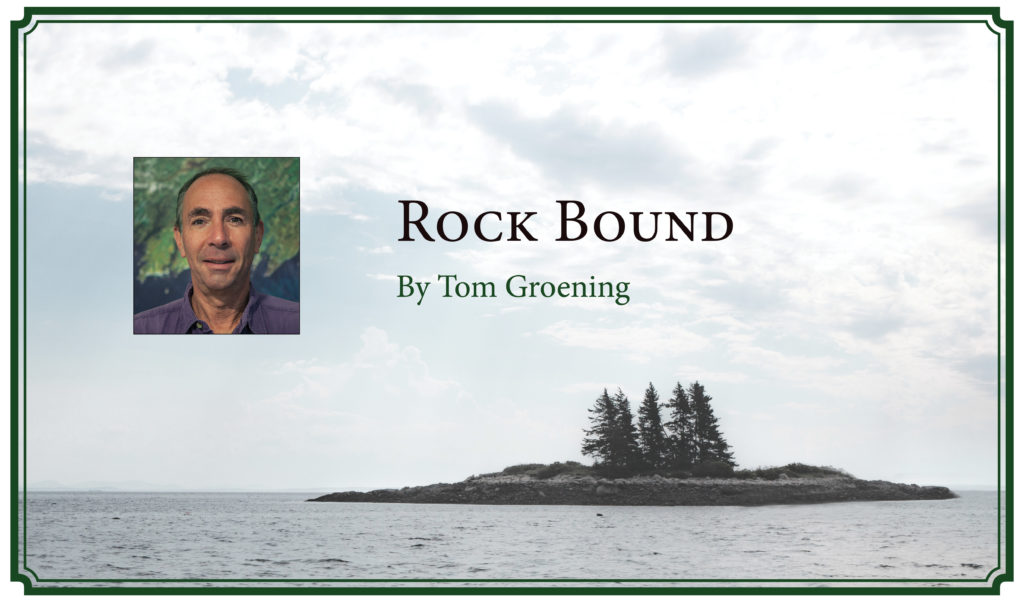By Tom Groening
All generalizations are false, right? Well, yes. Including that one.
But I’ll admit that assigning distinctive qualities to groups of people is to step on a slippery slope. Careers have ended when high-profile people have done so, and those falls from grace are usually deserved. Yet it seems that if a generalization about a group is positive—“Venutians tend to be attractive and smart”—there rarely is a backlash.
I’m thinking about these matters as they relate to generations. For the last 75 years or so, we Americans have assigned a name to millions of people born within an 18-year period. The folks who consider such things labeled those who grew up during the Depression and fought World War II as the “greatest generation.” The “silent generation” reached adulthood in the mid-1950s.
The first generation to earn a name at its genesis was the baby boomer cohort, born in the 18-year era from 1946—when soldiers and sailors returned from war, eager to re-start their lives—through a second wave of the late 1950s, ending in 1964.
I am of that generation. I happily accept some of the generalizations made about us: we tend to question authority, value independence, and seek quality of life over financial success. And we, as a group (once estimated at 76 million) are sliding into retirement and old age, with our grip on the reins of power slipping away.
Lately, the phrase “OK, boomer” has gained currency in popular culture. It’s said with the same tone you would say, “OK, whatever,” to the friend who scolds you about driving too fast or eating too many fatty foods.
The millennial generation—born in the 1980-1998 period—is embracing the “OK, boomer” phrase as a way to dismiss boomer opinions (and we have plenty of opinions). It stings a bit, but I think it is a natural and healthy response to the changing of the generational guard. I felt much the same way when the World War II generation finally left the political stage and boomers (Bill Clinton, George W. Bush) appeared.
And we boomers have been more than a little snarky about millennials (they have a strong sense of entitlement and self-esteem, the joke goes, because they never were called out at T-ball and were given trophies merely for participating).
At a previous newspaper job, a consultant who was urging management to learn how to work with millennials told me that generation grew up smoking marijuana with their parents (in theory, anyway). I witnessed what he was talking about. One morning, a staffer in his early 20s strode to the desk of a 30-year veteran editor and essentially demanded the editor finish a story as quickly as possible. We boomers may wave the anti-authority flag, but we respect the chain of command and defer to experience.
Do any of these observations matter? Or are they as irrelevant as noting that Swedes tend to have lighter hair and Brazilians tend to have darker skin?
The ultimate endorsement of making generational generalizations comes in the marketplace. Tourism marketing, for example, relies on understanding the triggers that will nudge someone to visit, say, Maine. Boomers can be persuaded to visit Moosehead Lake for its proximity to wilderness, while millennials may be more likely to book a stay in Rockland for its art galleries, restaurants, and pubs.
When I was a boy, I often heard about the generation gap on the TV news. The young men who were being sent off to fight in Vietnam were clashing with the 50-year-olds who were running foreign policy. It was ugly and sad, and included such horrors as the shootings at Kent State, which, especially tragically, saw young, college-age men in the National Guard shooting young college students.
The friction between boomers and millennials pales in comparison. Nonetheless, we boomers ought to be sensitive to demographic reality. Other generations are stepping onto the stage, and the sooner they get comfortable with their roles, the better for us all.
Rather than point to and sneer at the other’s foibles, we should savor what each can bring to the table. Just as oysters absorb the minerals from the estuaries in which they grow and in turn create a distinctive taste, we should reflect on the times in which each came of age (Vietnam for boomers, 9/11 for millennials) and acknowledge the wisdom it imbued.
Tom Groening is editor of The Working Waterfront.





